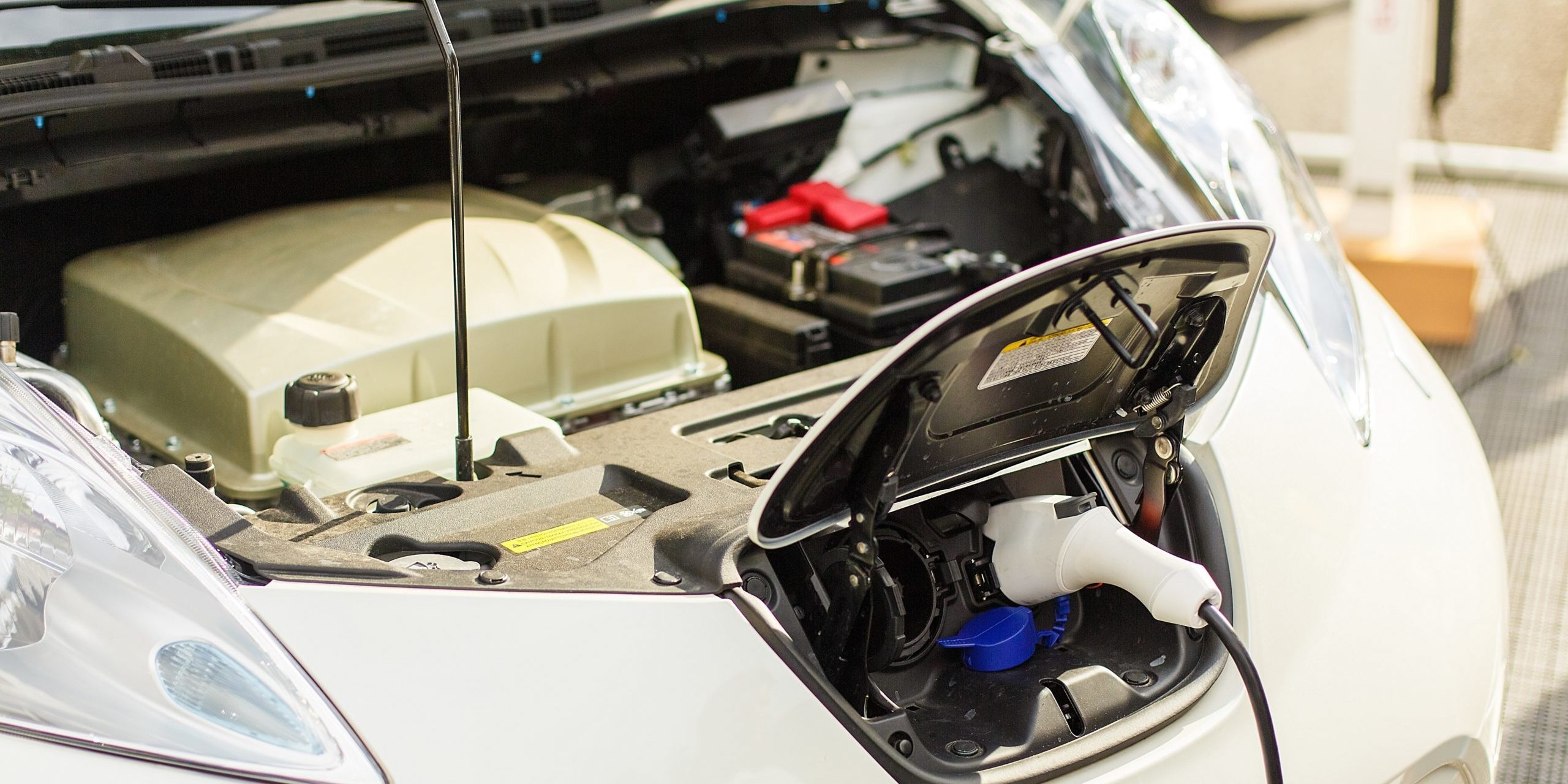
What You Need to Know About EV Truck Battery Safety in the Event of an Accident
Electric vehicles (EVs) store energy in large batteries and use it to power the vehicle. When a crash occurs, these batteries can pose risks both to the vehicle’s occupants and to others nearby.
Are Electric Truck Batteries Dangerous in a Crash?
Early testing of electric vehicles revealed several risks associated with the use of batteries to store energy in EVs. Risks of electrocution from battery malfunction, battery fires, and ruptured batteries leaking toxic or caustic chemicals all presented themselves during testing.
Both government regulators and EV automakers have taken steps to address many of these problems. General Motors recently announced it would add onboard diagnostic software to monitor for battery anomalies, for example. The software’s role is to warn drivers of potential problems that could result in a battery fire or other injuries.
Overall, the rate of injury for drivers and passengers in electric vehicles is lower than the rate for those inside gas-powered vehicles, according to the Insurance Institute for Highway Safety (IIHS). Risks to those outside the vehicle, however, may be higher due to the vehicle’s batteries and higher overall weight.
EV Truck Battery Risks in an Accident
Most electric vehicles rely on lithium-ion batteries. While these batteries give EVs a range similar to that of gasoline-powered vehicles, they can also pose risks.
Battery Fires
Battery fires in EV crashes have caused serious injuries and deaths. A crash involving a Tesla in 2021 claimed the lives of two people after the battery caught fire. Battery fires often burn hotter and longer than similar fires in gasoline-powered vehicles. Emergency responders may have more trouble putting out these fires and may need additional resources, such as more water or specialized firefighting foams, to do so.
The risk of a battery fire appears to persist even after a crash. A National Transportation Safety Board (NTSB) report, for instance, describes a situation in which an EV battery caught fire days after the vehicle was towed away from an accident scene and taken to a junkyard. No source from the junkyard appears to have caused the fire.
Electrocution
After an EV crash, people inside and outside the vehicle may face a risk of electrocution from the high-voltage batteries, according to the NTSB. While automakers have taken steps to reduce the risk, it cannot be eliminated.
Electrocution may occur if the electrical system is damaged, causing it to leak energy into the frame of the vehicle or exposed electrical components. A damaged battery may still store energy, which may be released in an electrocution event.
Battery Leaks
A battery that breaks during a crash may leak. Battery leaks increase the risk of fire. They also increase the risk that the vehicle’s occupants, first responders, and others may be exposed to dangerous chemicals.
While lithium-ion batteries pose a lower risk of chemical burns than lithium batteries, both the contents of the batteries and the coolant system can cause chemical burns and other symptoms.
EV Battery Safety During an Accident
To help reduce the risk of a battery-related injury, practice battery safety around electric vehicles.
- Know what to do if a crash occurs. Different EVs have different safety procedures in a crash, according to the NHTSA. Read your vehicle’s manual so you know where its safety systems are located and what to do in the event of an accident.
- Understand your battery’s safety systems. Many EV batteries are designed to disconnect from the vehicle automatically when a collision occurs, according to the National Renewable Energy Laboratory (NREL). While this safety system might reduce the risk of battery-related injuries, it may increase the risk of other issues, such as an inability to move the vehicle to safety after a collision. When you know how your vehicle might respond to a crash, you can plan.
- Always have the vehicle checked after any collision. Even a minor collision that leaves your vehicle driveable may still do damage you cannot see. Always have an EV checked out by a mechanic as soon as possible after any collision.
- Keep your distance if possible. If you witness an EV crash, keep your distance from the vehicle. Call 911 or local emergency services immediately.
Electric vehicles offer some features that may make them safer on the road. Their lower center of gravity, for instance, may make them less likely to roll over, according to the NREL. Understanding the risks associated with EV batteries can help you protect yourself and others if a crash occurs.
If an EV crash left you injured, don’t wait: Talk to the experienced Charleston EV injury lawyers at the Steinberg Law Firm today.




















